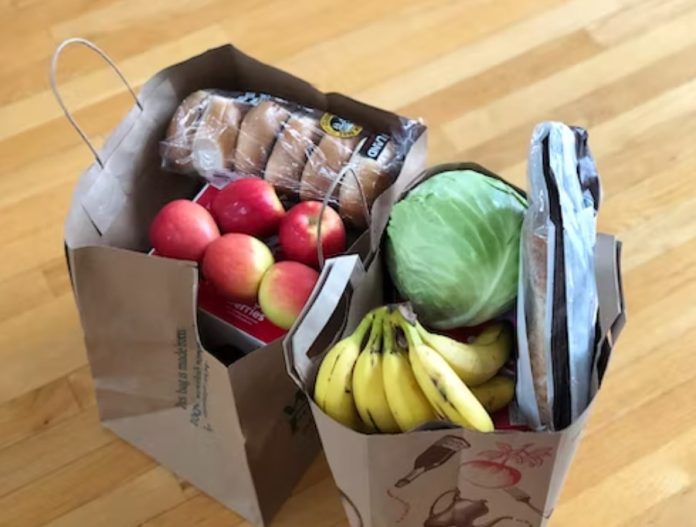If your small business calls for shipping perishable goods from time to time, you have to make sure that everything is processed above board and legally. You are entirely liable if your delivery turns up in the hands of the client and is not up to standard. So, how do you protect your reputation, your product, and the client relationship all in one go? You look after your process. Here are six tips for small businesses shipping perishable goods.
It’s All in the Planning
In order to transport your food properly, you have to think about a solid plan before everything gets put into motion. This plan has to completely strip back every item and look at the freshness, condition requirements, expected expiration capacity, airtight vs. alternate, and so on. There are multiple factors that come into play and it is essential that you ensure every step is going to be accounted for so that your product is properly supported.
Label Everything Up
When you have a decent idea of what needs to happen and how you’re going to organise each item, it is time to think about labeling. Whether this is dates and timestamps, or ingredients and allergens, all elements must be labelled correctly. Again, you will be liable in the eyes of your clients and from a legal standpoint if you fail to put essential consumer information in place to enable an informed purchase process.
Package Everything Up
The packaging is just as important as the labelling; get the container right and everything else should fall into place. This is the bit that requires careful detail planning because if you don’t package the perishable correctly, it will become damaged. Use bubble wrap where there is a call for it, think about how to get air into the product, and make provisions for keeping things cold where they need that environment.
Delivery Company Choice Matters
Who you choose to deliver the goods is extremely important. Some small businesses run their own independent delivery model, but this is not always sustainable and the majority opt for some framework within outsourcing some to all aspects of delivery to customers. It is more cost-effective and means that you have actual time to do deliveries when people need them as opposed to when it works for your schedule. Your reputation will be harmed by a less than sufficient delivery model, so get this right and the whole strategy will be scaffolded.
Get the Timings Right
Finally, make sure that everything from when you seal the parcel bag or box to when the package is picked up by the courier (or put into the van by yourself), is at the peak optimal moment to prolong the longevity and freshness of the perishable produce. Timings can be figured out in the planning stage, but this is all theoretical until you actually trial run the journey. You won’t know until you’ve given it a shot, but you can work with hypothetical models and tweak these as you move along.
Small businesses shipping perishable goods need to maintain high standards from start to finish to protect both the integrity of their product and their consumer relationships.


